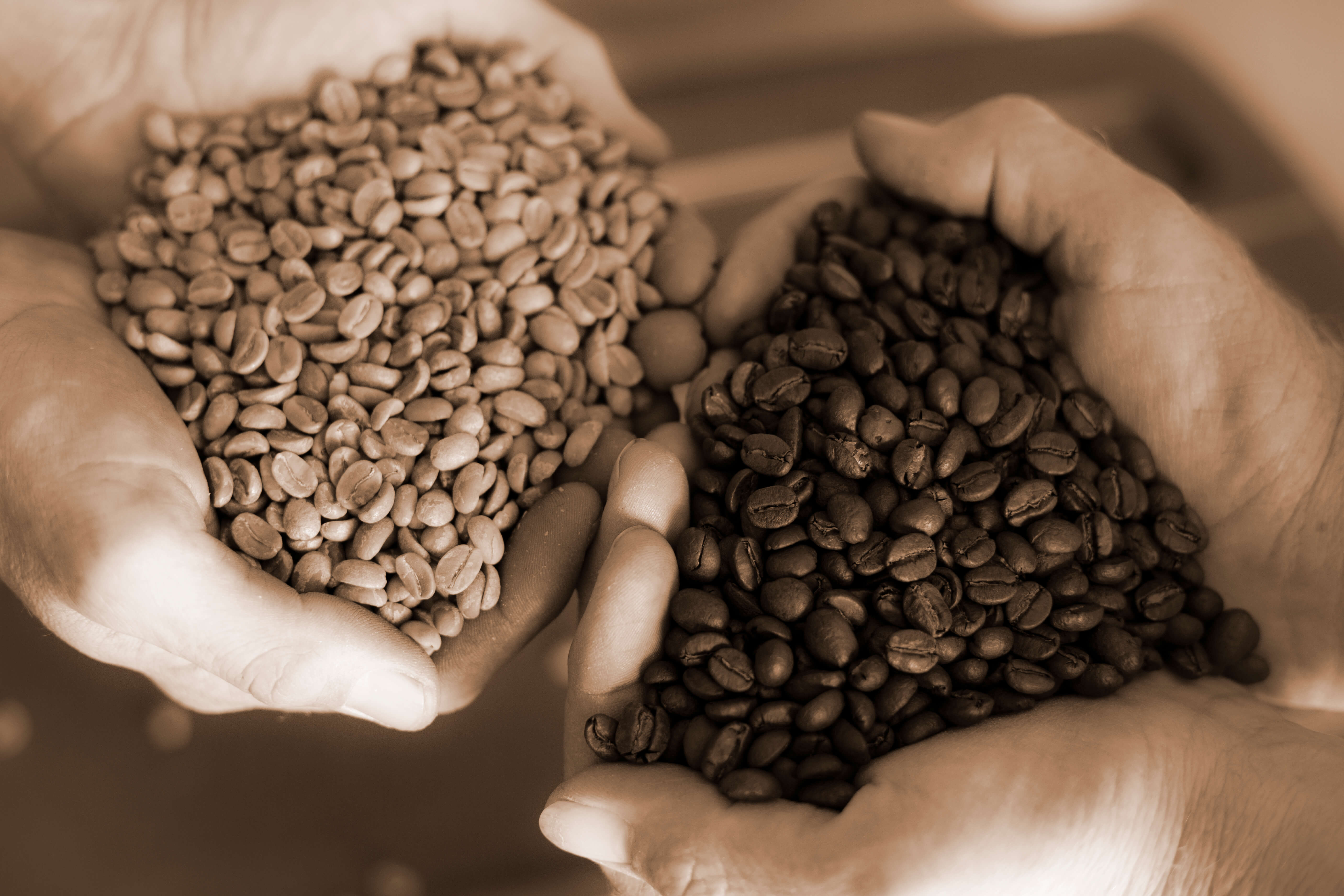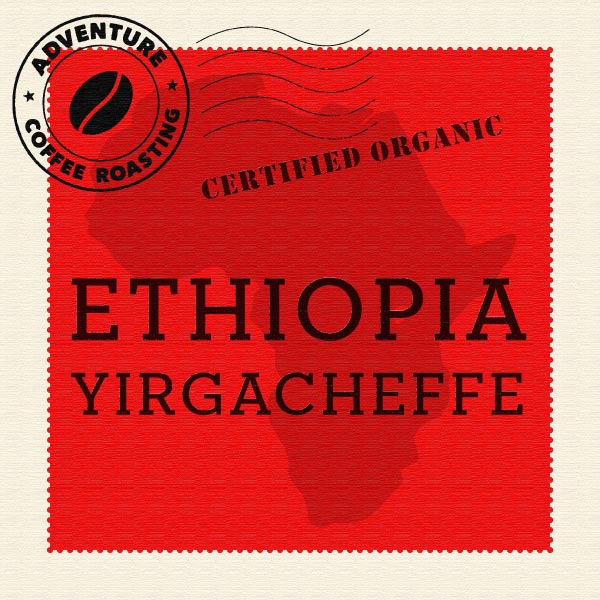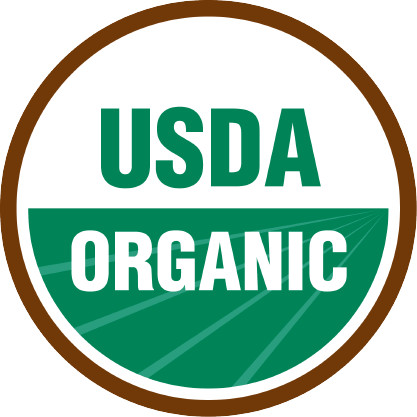Why Organic
Writer and biologist Rachel Carson set the stage for the environmental movement in 1962 with her book Silent Spring . Since then, concerned people around the globe have garnered a better understanding of how human activity affects the Earth and all of its inhabitants. Though the specific subject of Carson's book was DDT — a deadly pesticide — her concern for the hazards caused by other such chemicals has helped us continue to reach new levels of environmental and social awareness.
To do our part at Adventure Coffee Roasting, we roast ONLY Certified Organic coffee. This means our coffee beans are grown without the use of chemical pesticides, herbicides, and fertilizers that not only pose threats to the crops and the land they're grown on, but also to the farmers who grow them. An independent, third-party certifying program determines the certification and distinguishes those products that are grown organically from those that are “enhanced” by chemicals.
In place of such chemicals, organic coffee growers use compost fertilizers made from the mulch of coffee cherries, cattle manure, and inter-planted crops such as fruit, cocoa, and rubber trees, which produces healthy, natural topsoil. A healthy growing environment ensures a healthy crop, which translates into a tastier cup of coffee.
To eliminate pests, organic growers use traps, rival insect species, birds, and literally preen each tree by hand. The labor can be intensive, but the rewards are invaluable. Organic farming families are not left at the mercy of toxins, which can cause health risks, from birth defects to cancer, and neither is their land, nor their water. They treat the Earth with respect, and the Earth gives back by providing sustainable futures to them and their loved ones.
Caring for the Earth and for those who tend it is a large part of who we are at Adventure Coffee Roasting. We buy ONLY Certified Organic coffee because it is the right thing to do, because we believe in environmental sustainability, and because we know organically grown coffee not only tastes better, it also helps improve lives. And the more we buy it, the more its demand increases, the more farmers are encouraged to continue growing it.
We care as much about the people who grow our coffee as we do the people who drink it, and we encourage the healthy preservation of our connections to each other and to our lands.
Conservationist John Muir said, “When one tugs at a single thing in nature, he finds it attached to the rest of the world.” We couldn't agree more.













